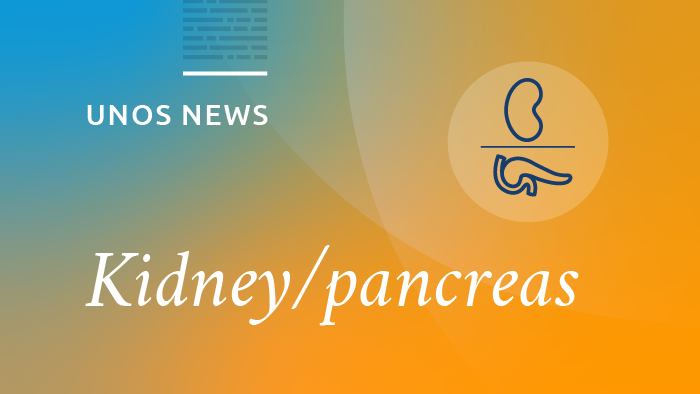Audience:
Transplant programs:
- Primary Program Administrators, Primary Data Coordinators, TX Program Administrators/Managers and TX Program Directors, Primary Physicians, Primary Surgeons
- Support Staff-Clinical, TX Physician Assistant, TX Physician-Additional, TX Physician-Other, TX Program – Clinical Coordinator, TX Surgeon-Additional, TX Surgeon-Other
Histocompatibility Labs:
- Histo Lab Adm/Managers, Histo Lab Clinical Consultants, Histo Lab Directors, Histo Lab Directors in Training, Histo Lab General Supervisors, Histo Lab Supervisors, Histo Lab Techs, Histo Lab Technical Supervisors
Implementation date
Jan. 26, 2023
At-a-glance
In June 2022, the OPTN Board of Directors approved a new formula for Calculated Panel Reactive Antibody (CPRA) to more accurately reflect sensitization. The revised CPRA calculation will do so by:
- Incorporating HLA-DQA1, DPB1, and DPA1 loci
- Returning a CPRA value for allele-level antibodies
- Using updated genotype frequencies based on a larger and newer dataset obtained from the National Marrow Donor Program (NMDP) donor registry
Candidates that do not have any unacceptable antigens reported will no longer reflect a 0% CPRA. The CPRA score for those patients will appear as blank, or NULL, in the system. It is still possible for candidates to have a 0% CPRA when reporting unacceptable antigens that result in a calculated value of 0%.
Additionally, CPRA will now be saved and available to view for all organ types rather than only for Kidney, Pancreas, and Kidney-Pancreas. This will allow for future projects to incorporate CPRA into allocation for other organ groups if policy changes require and can aid members in understanding the sensitization of their patient population.
These changes will also be made to the KPD application in UNetSM .
What you need to do
A report reflecting the change in CPRA scores for Kidney, Pancreas, and Kidney-Pancreas candidates is now available in the Data Services portal. The report compares the previous versus the new detailed CPRA value, CPRA percent, and KAS CPRA points for the candidate’s unacceptable antigens entered in WaitlistSM. As a reminder, OPTN Policy 8.5.F requires that the program must complete the candidate CPRA greater than 98% written approval form before candidates are eligible to receive additional priority on kidney matches. An updated form is now available in the Data Services portal under OPTN Data Files. As a reminder, approval signatures must be obtained prior to documentation of names in Waitlist.
Upon implementation Transplant Hospital Programs can view which candidates still require documentation of written approval for CPRA greater than 98% by selecting Reports in Waitlist and then selecting ‘Kidney Candidate CPRA Greater than 98% Approvals Report.’ It is important to refer to this report in Waitlist on the day of implementation should there have been candidates with unacceptable antigens added after the CPRA data recalculation report was run and posted to the Data Services portal.
If a candidate has at any point had >98% approvals entered in Waitlist previously, those entries will fulfill the requirement with the new implementation as well.
Additional details
The OPTN site calculator will also be updated to reflect the new CPRA changes and will be released the same day. At that time, the Legacy calculator will be removed from the OPTN site.
Updates to the CPRA Application Programming Interface (API) have been released to Beta, the testing environment. Laboratory information system vendors are updating their software in preparation for the change.
Education and resources
Existing UNOS Connect courses on CPRA will be updated with new information ahead of implementation.
Members will also be notified of additional resources for patients ahead of implementation.
Questions?
If you have questions relating to implementation, contact UNOS Customer Service at [email protected], or call 800-978-4334 from 8 a.m. to 7 p.m. ET.
For policy-related questions, contact [email protected].

